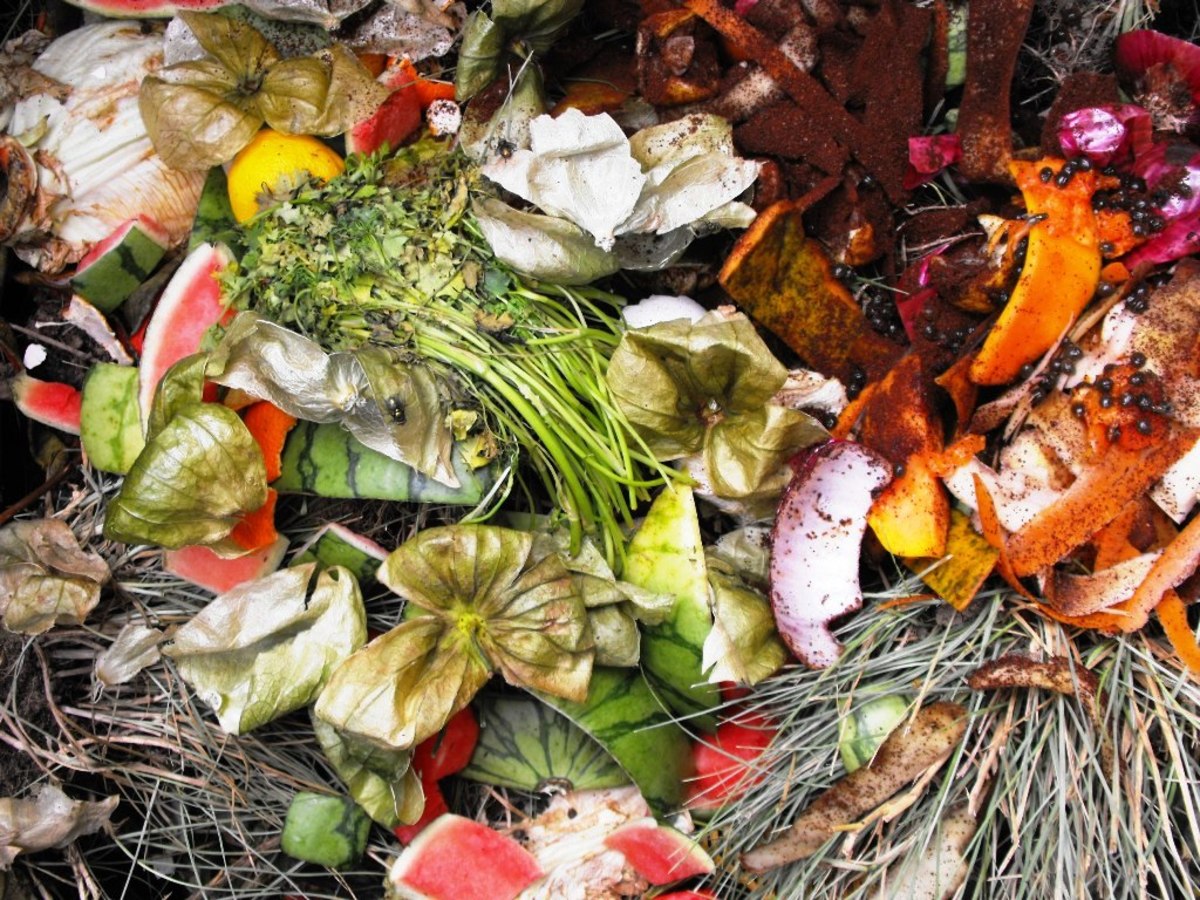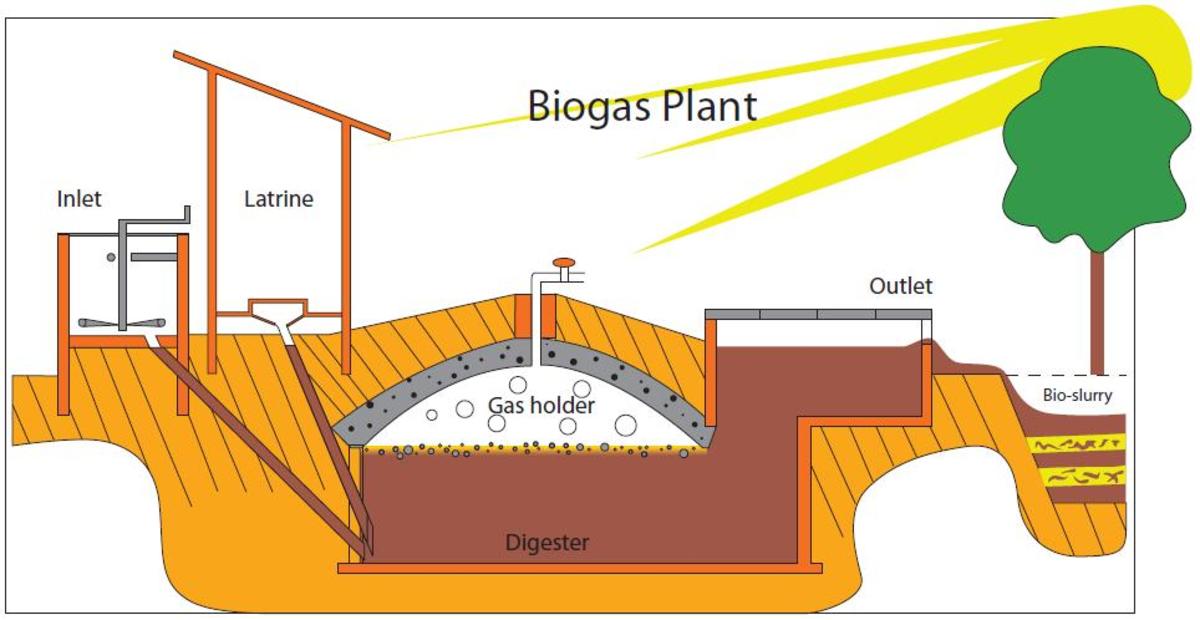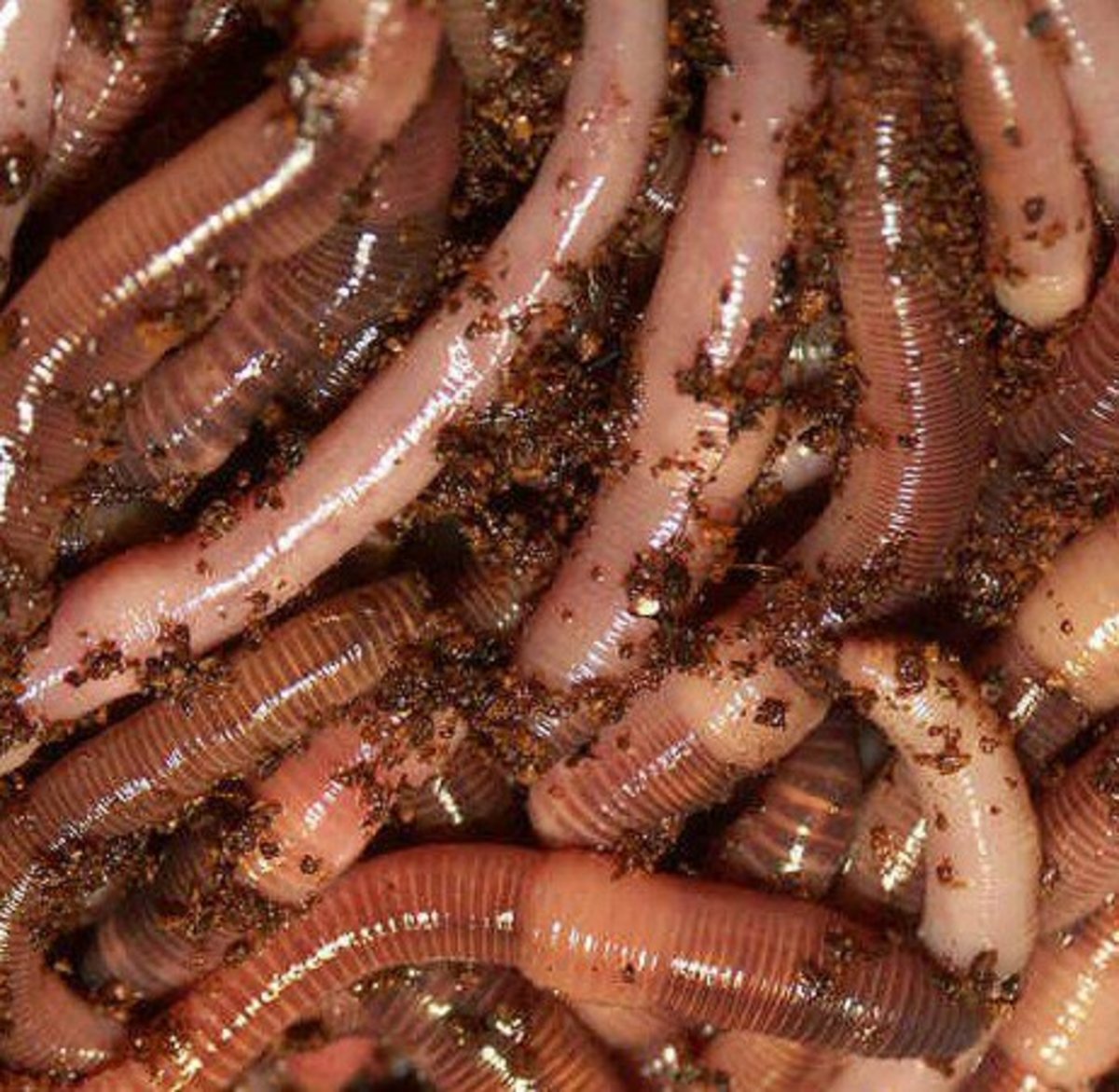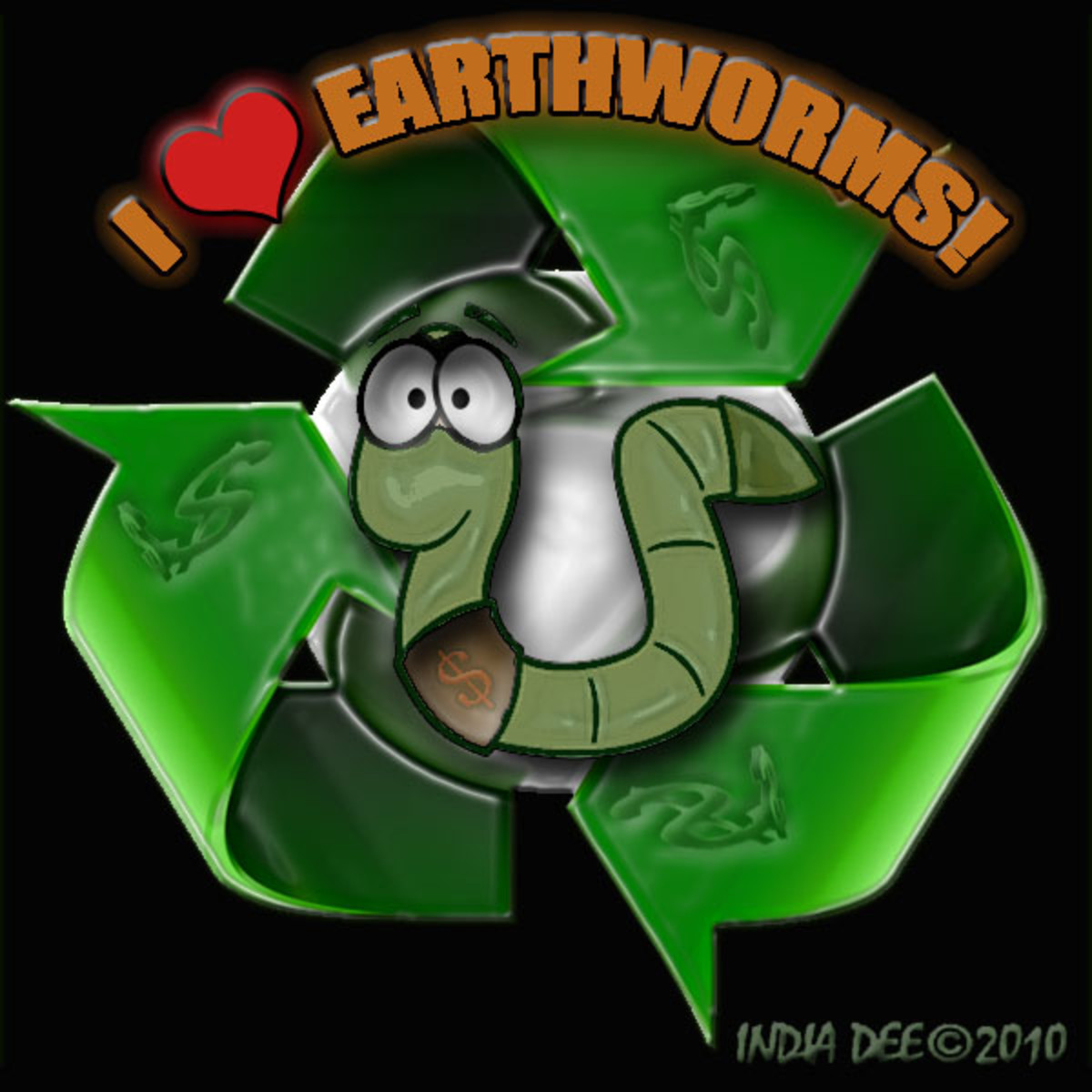- HubPages»
- Home and Garden»
- Gardening»
- Fertilizers & Compost
The Advantages of Using Organic Compost Fertilizer for Your Plantation
Organic Compost is the Essential Composition
Organic compost can be recycled to serve as fertilizer after it has decomposed and transformed into compost. What is also known as “green waste” is the outcome of months of decomposition of plant matter and biodegradable materials into a form of soil known as humus. The development of compost is facilitated by certain species of fungi and aerobic bacteria.
Composting has benefited agriculture and horticulture for decades not only as a source of nutrient for plants but also as an agent of land conservation, particularly erosion control. Composting is now widely employed in farms, gardens, and plantations where the product serves as fertilizer for plants grown organically. There are many advantages to using compost instead of artificial fertilizers. We shall discuss some of the key benefits of using organic fertilizer in this article.
Organic Compost Products
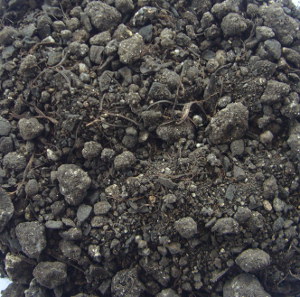
Dealing more effectively with organic waste
There are many sources of compost such as garden supply outlets where gardeners and landscapers can purchase the required amount for their needs. However, in farms and plantations, the popular practice is to produce compost recycled from the organic waste and plant leavings produced at the site. Composting is one of the main methods used in down cycling organic waste. In plantations where there is a huge volume of plant leavings and other organic matter that need to be disposed of, composting provides a cost-effective alternative to disposing and transporting organic leavings offsite.
What type of Raw Material you choose for your organic compost?
Composting basics
Compost is a nutrient-rich material that serves as fertilizer, soil conditioner, and even as natural soil pesticide due to its humic acid content. Compost can be produced by dumping wetted organic waste in one corner. However, close monitoring is important in systematic composting for the production of organic compost fertilizer. The main ingredients of compost are nitrogen and carbon-rich organic matter, water, and air. Better outcomes are seen when the raw materials are measured upon mixing and aerated periodically by turning.
The process of composting is easy and inexpensive to implement. Organic matter gathered from the plantation need to be placed in a neat pile. The alternative is to place the raw materials inside a container. Using bins or containers is advisable for the production of large amounts of compost. In order for bacteria to thrive, the pile must be turned once a week so that the breakdown of material from solid waste to a soil-like product occurs. The outcome of composting is a dark material with an earthy odor. This can then be used as fertilizer for plants. Compost need not be bought if the plantation can allot an area for composting and assign a person who has knowledge of the process.
Composting Material
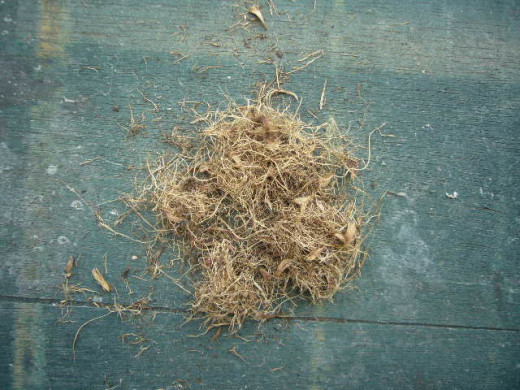
A closer look at composting material
Fibre is one of the organic composting material in CP05 recipe. A pile of compost has three main components— manure, brown material, and water. Manure is a nitrogen-rich while brown material is carbon rich organic matter. Water is the ingredient that facilitates the breakdown since this stage of the process will not occur if there is no moisture present in the pile.
Green material consists mostly of kitchen scraps such as eggshells, fruit cores and peelings, and coffee grounds. Leaves and grass clippings are also green material. Manure from barnyard animals belongs to this category as well. Brown material is materials such as twigs, straw, branches, sawdust, and paper. The water content must be just right because a compost heap that is too wet will be the haven of bad bacteria.
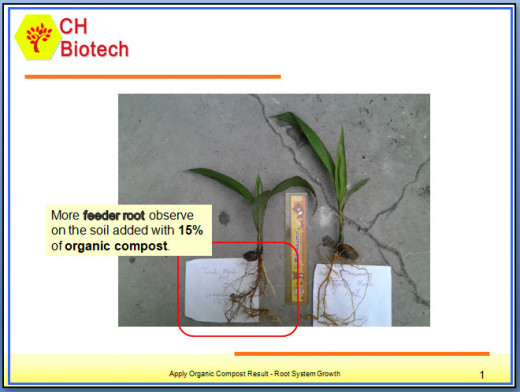
How compost helps plants grow
The main benefit of using compost for your plantation is improvement in the quality of the soil. The texture and structure of the soil is made better by adding compost because it becomes a material that drains well and can better retain moisture and nutrients. Compost makes the soil that plants grow in more crumbly such that air can penetrate. Crumbly soil also holds just enough moisture and allows the rest of the water to drain away. In addition, crumbly soil does not offer much resistance to new roots. These are the characteristics of an environment best suited to nurture plants so that they grow healthy and productive.
Compost is also filled with nutrients that plants need to grow. The range of nutrients provided by compost is much wider than the nutrients plants get from chemical fertilizers. Essentially, compost returns essential nutrients to the soil, which is then utilized by plants

